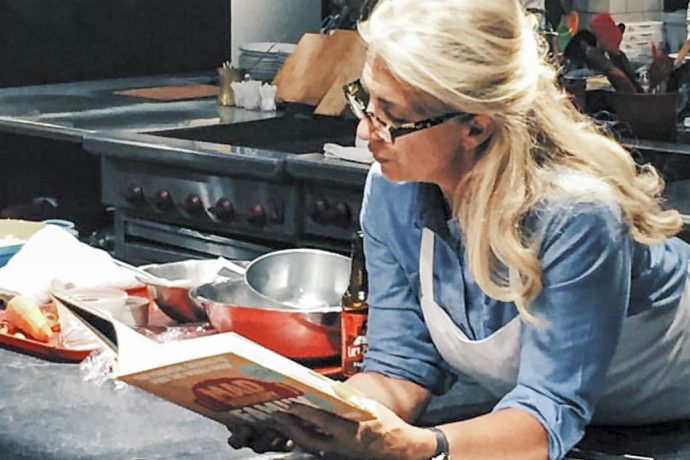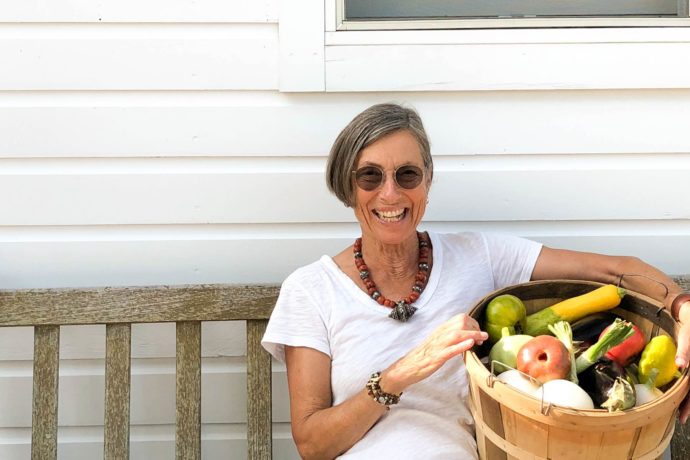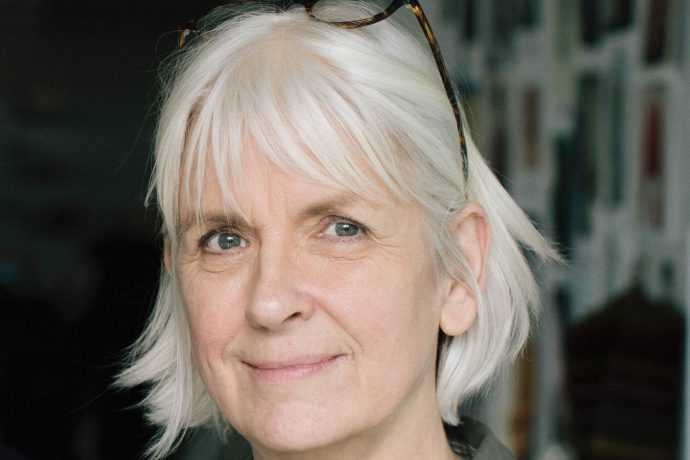East West: Nutrition with Deepa Mer
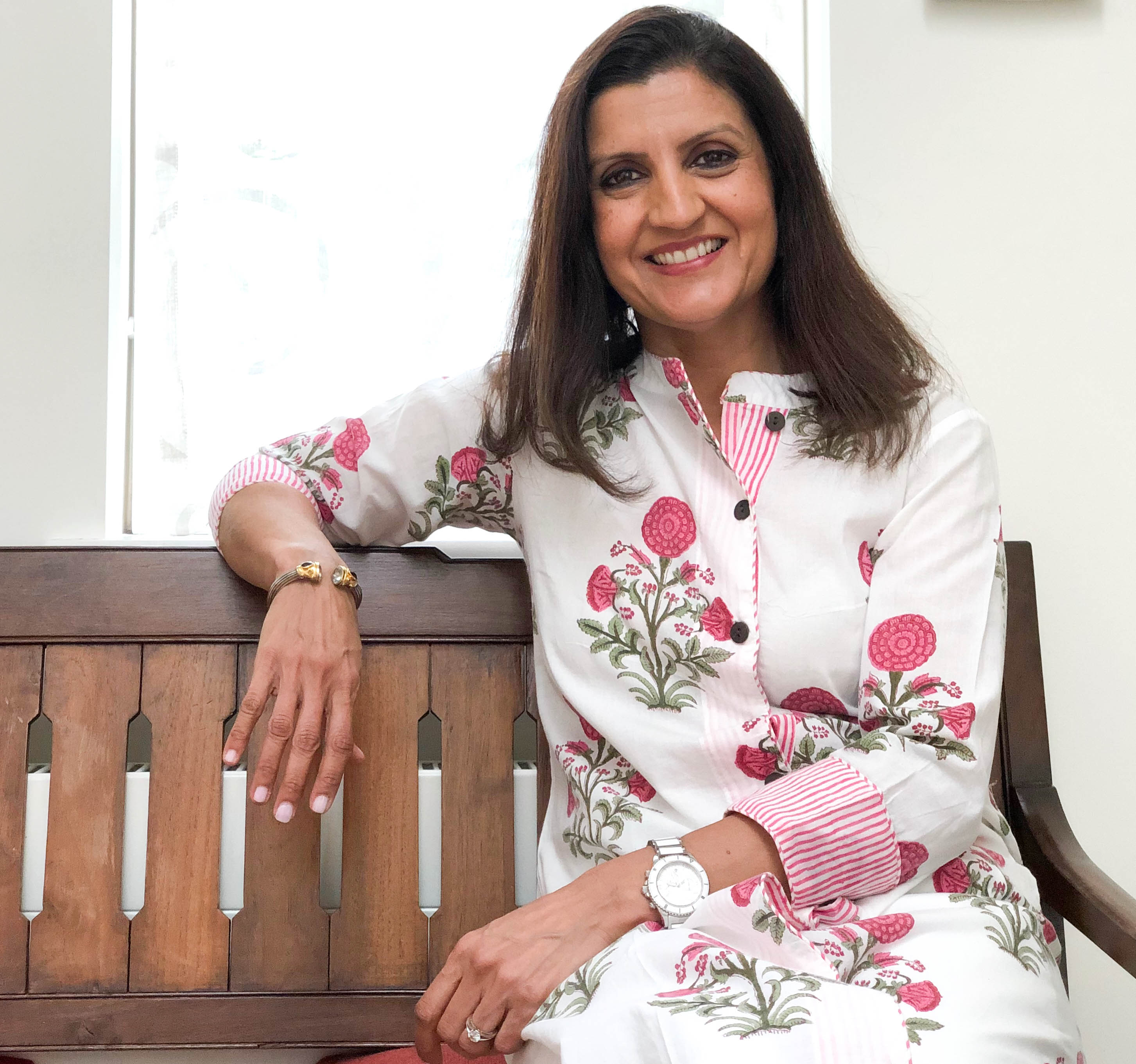
Who? Deepa Mer
What? Western trained nutritionist with an Eastern understanding of health.
Where? London Nutritional Advisory
Why? To help people find optimal health through nutrition and lifestyle.
Growing up in India, London-based nutritional therapist Deepa Mer watched her grandparents use herbs and spices daily for health and medicinal purposes. Her affinity to Ayurveda — the traditional Hindu system of medicine centred around finding balance in the body through natural means — and Naturopathy may have started early, becoming a nutritionist did not come about until after a career in fashion and motherhood.
After an undergraduate degree in Economics and a post graduate diploma in Fashion Marketing and Merchandising, Deepa began her fashion merchandising career with Banana Republic and Liz Claiborne — later bringing the Lacoste franchise to India. Throughout her twenties and thirties though, Deepa found that she was always gravitating toward reading articles and books on health and nutrition. With a difficult pregnancy and a colicky baby, she started reading avidly about how food can impact gut and immune health and gave up dairy when she realised that she was lactose intolerant. At age 52, her mother was diagnosed with cancer and Deepa witnessed first hand how natural foods and spices like wheatgrass and turmeric supported her mother’s conventional cancer treatment by boosting her immunity and speeding up her recovery.
Convinced about nutrition’s key role in supporting optimal health, Deepa decided she had to learn the science behind nutrition. “I could see that food and lifestyle were impacting my loved ones and I wanted to do something,” she says. She enrolled at the Institute for Optimum Nutrition in London in 2013 and qualified as a licensed nutritionist 4 years later. Having just set up her practice London a little over 2 years ago, she has been overwhelmed by the response. “People are hungry for information about how food can support their health and I feel very lucky that I am now in a position to help them,” she says.
Close to her heart is the subject of menopause and the effects that changing hormones can have on women’s bodies. With Fabsters in mind, I visited Deepa in her North London home and learned a few tips on how to best look after ourselves at this stage of our lives.
N.B.: We’re thrilled to announce that in collaboration with Fabulous Fabsters, Deepa will be giving a Nutrition and Menopause talk on Wednesday, 27 February 2019 — a great chance to meet more Fabsters while gaining knowledge to support your health. More information and booking details can be found here.
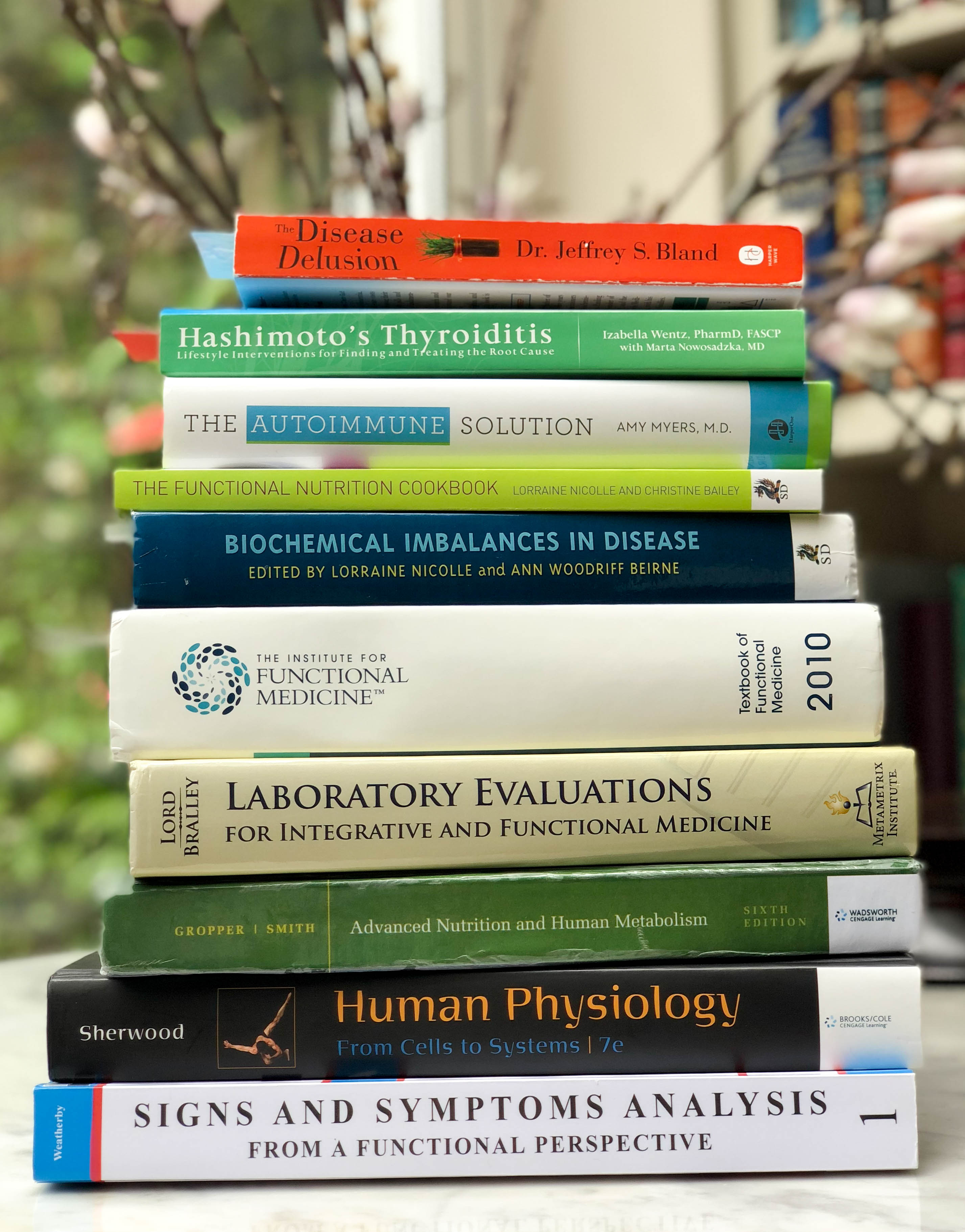
Fabulous Fabsters: The dreaded symptoms and effects of Menopause — do tell us more?
Deepa Mer: The lead up to menopause (40’s to early 50’s for most women) is a challenging time. Oestrogen plays a vital role in protecting the heart, bones, bladder, and vagina as it also maintains the breasts. A lack of oestrogen and progesterone during the menopause creates hormonal imbalances, which come with a range of distressing symptoms and can result in significant consequences for female health. Some of the more common symptoms experienced during peri-menopause and menopause are weight gain (especially around the midriff), hot flushes, night sweats, loss of libido, breast swelling/tenderness, vaginal dryness, water retention, heavy bleeding, migraines, mood swings, anxiety, brain fog, cognitive decline, fatigue, low energy, joint pain and insomnia. Depression and mood disorders are also more common and can be exacerbated during this stage as well.
FF: What causes these changes?
DM: Hormones, what else? We women encounter the challenges of changing hormones throughout our lives. Hormones — responsible primarily for growth and reproduction in female bodies — act as chemical messengers and enable different bodily systems to speak or interact with each other. The female body is a complex web of interactions between primary female hormones — oestrogen and progesterone — with other hormones like insulin, cortisol, thyroid and testosterone, just to name a few. Hence changing hormones during puberty, pregnancy and menopause can lead to imbalances or changes in just about every part of our bodies — metabolism, mental health, skin health, bone health, cardiac function and energy levels.
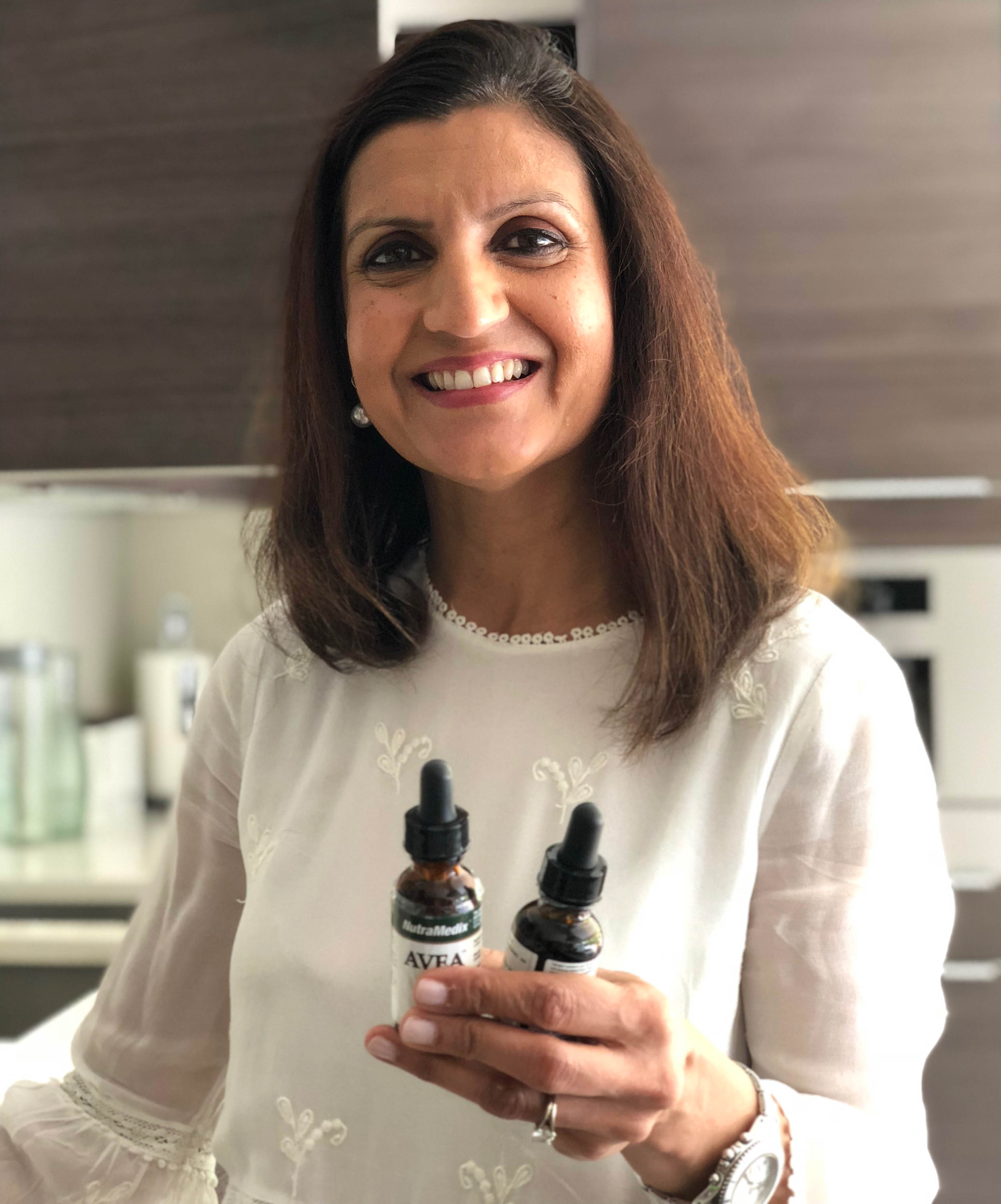
FF: How can nutrition help?
DM: Nutritional advice, which combines a protocol of diet, stress management, lifestyle and nutraceuticals, can help balance the hormones by providing the precursor nutrients or raw materials required to manufacture these hormones. Every client has their own unique set of symptoms so the first step in nutritional therapy is to establish the client’s level of hormones during the menopausal stage. The next step is to provide bespoke advice that centres around increasing certain nutrients or improving the metabolisation of hormones.
Weight management during the menopause years is another area where guidance from a nutritionist would be helpful. During menopause, when oestrogen production reduces in the adrenal and ovarian glands, fat cells start to manufacture oestrogen. But these fat cells also produce inflammatory messengers called cytokines, which can cause disease. Trying to maintain an optimal weight and reducing visceral fat (midriff and fat around organs) would help reduce the symptoms of menopause to support a smooth transition.
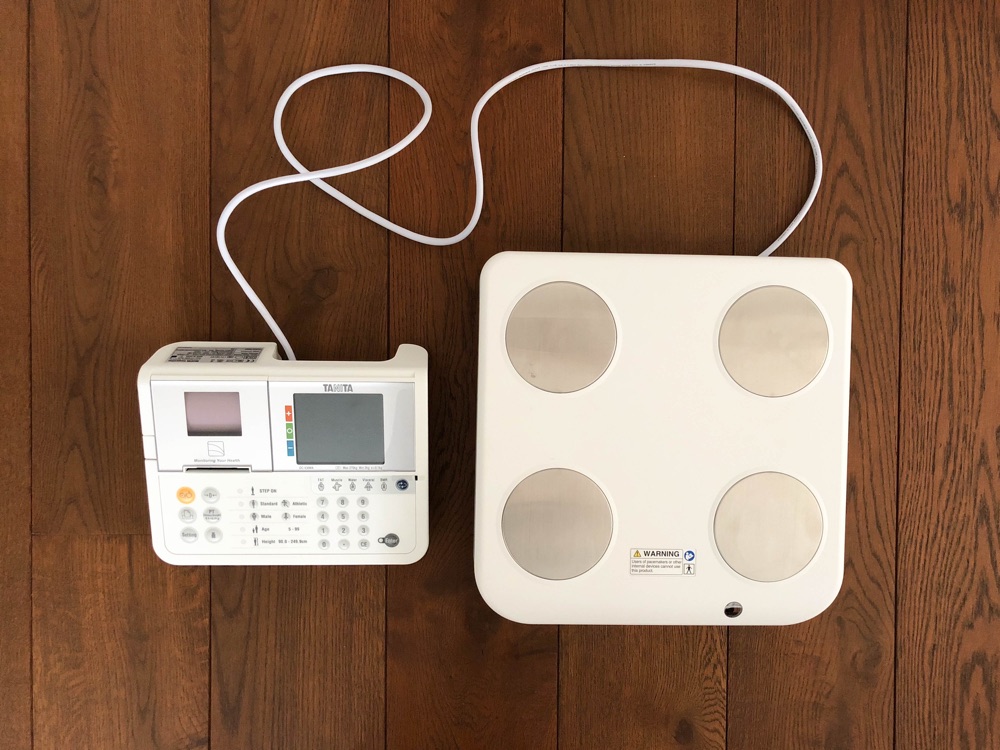
FF: If someone were interested in seeing a nutritionist, can you talk us through the process?
DM: I usually see clients for a minimum of 3 months so that I can monitor progress and adjust the plan as things develop. My objective is to educate, motivate and support my clients so that by the end of our time together, they have the understanding and confidence to manage their own specific health issues.
I typically start with a free thirty-minute consultation so that I can understand the client’s health concerns and they in turn can understand how I work and the support I provide. This also allows me to assess whether or not I have the skills and knowledge to help a particular client as some clients may require more specialist attention.
After this initial stage, the client fills out a detailed health history questionnaire where they record a food diary and describe their symptoms. We then have a 75 – 90 minute consultation which enables me to map out the client’s health from birth to present, analysing their primary body systems and the possible imbalances that exist.
With a functional medicine approach, I review core clinical imbalances to determine what is/are the source(s) of their health issues:
- Hormones and neurotransmitters
- Mitochondria and oxidative stress
- Detoxification and liver function
- Immunity and inflammation
- Digestion, absorption and microbiological function
- Cellular function and the musculoskeletal system.
Based on the results, I draw up a protocol that includes dietary advice, meal plans, interpretation of test recommendations if tests are required, supplement advice and lifestyle recommendations. I support the client with recipes, shopping advice and above all motivation. I meet my clients every 2 weeks but am available at all times on email or messaging.
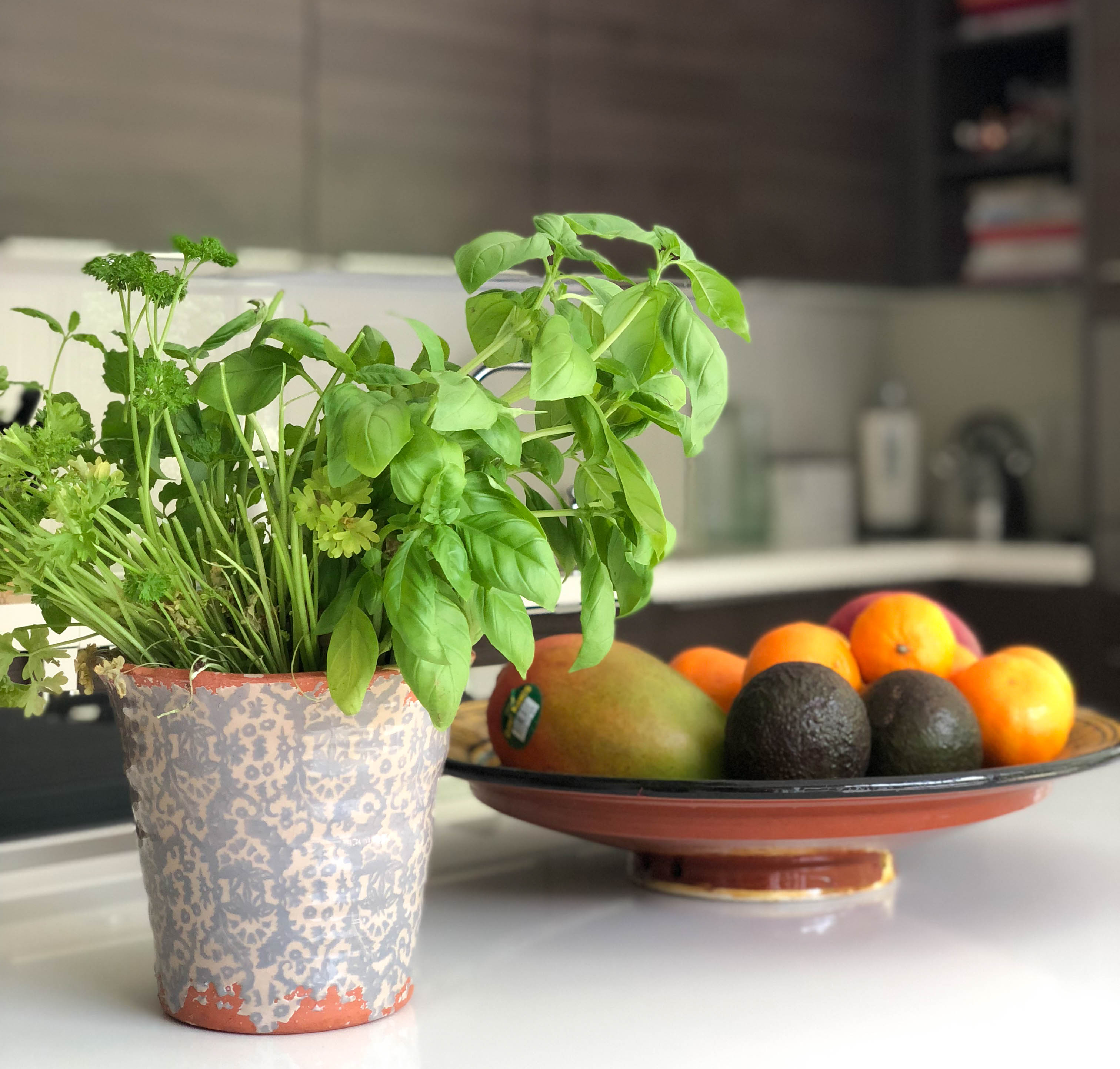
FF: What are your 3 top nutrition tips?
DM: Eat a diet rich in whole “natural” and unprocessed foods — with an emphasis on vegetables, whole grains, beans, seeds, nuts, fruit. If you don’t recognise which plant or animal it came from, then don’t eat it! Eat lean and low fat proteins, healthy fats, fibre foods and complex carbohydrates in moderate amounts. Keep moving — always keep moving. Our bodies were not made to sit. Moving our bodies helps to move our lymphatic fluid, which is how we excrete toxins, dead cells and excess hormones.
FF: What is the most challenging part of your job?
DM: Modifying lifestyle behaviours which have evolved over a lifetime can be very challenging — especially the relationships we have with food.
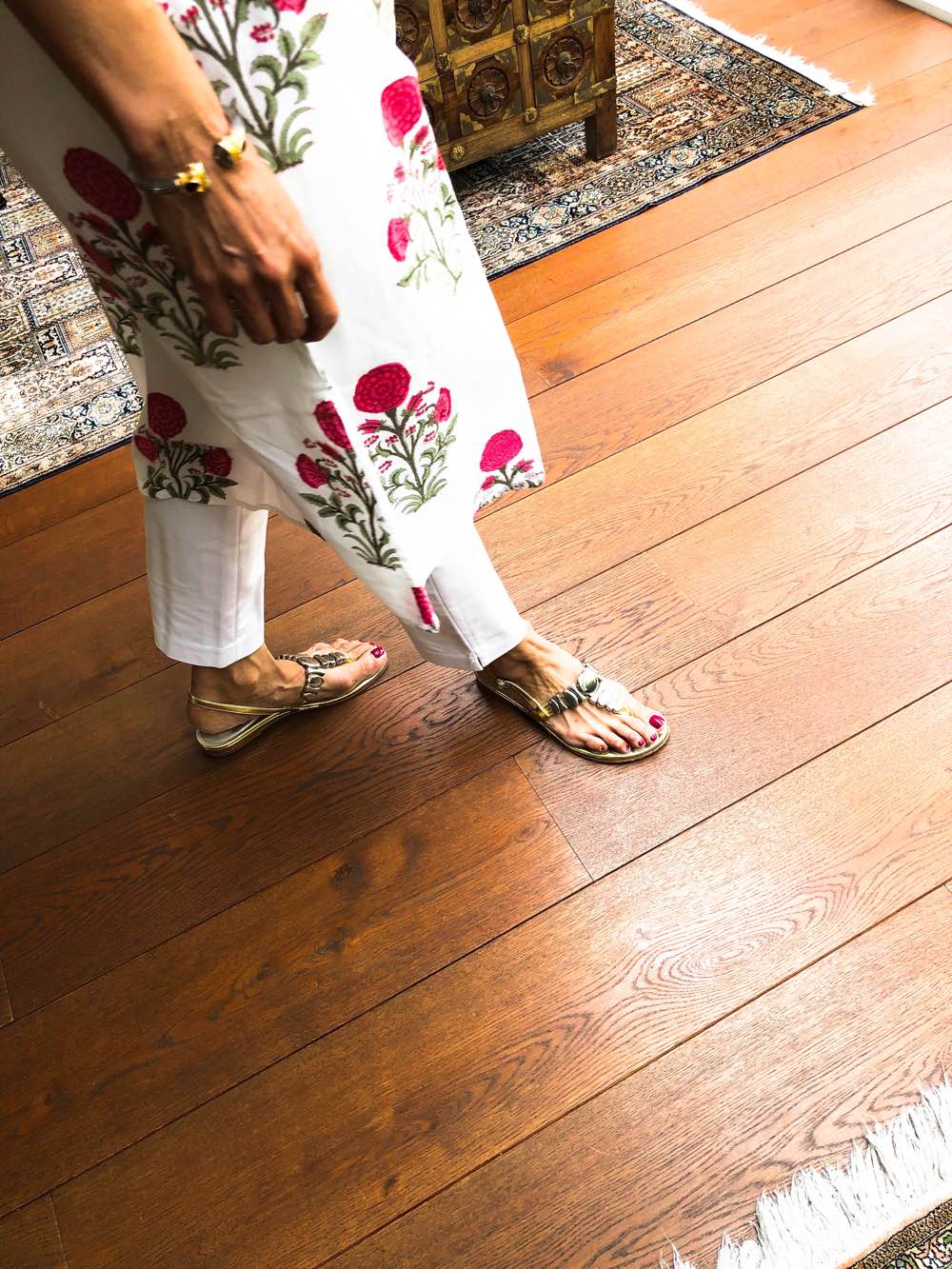
FF: Any Wardrobe Wisdom?
DM: I like fabrics and styles that give me maximum comfort with simple lines and cuts. I’ve grown up with natural, hand woven, hand printed fabrics in vegetable dyes and I still love the look and feel of cotton and silk. Yarn dyed Ikats , block printed fabrics, hand woven woollen scarfs are my weakness.
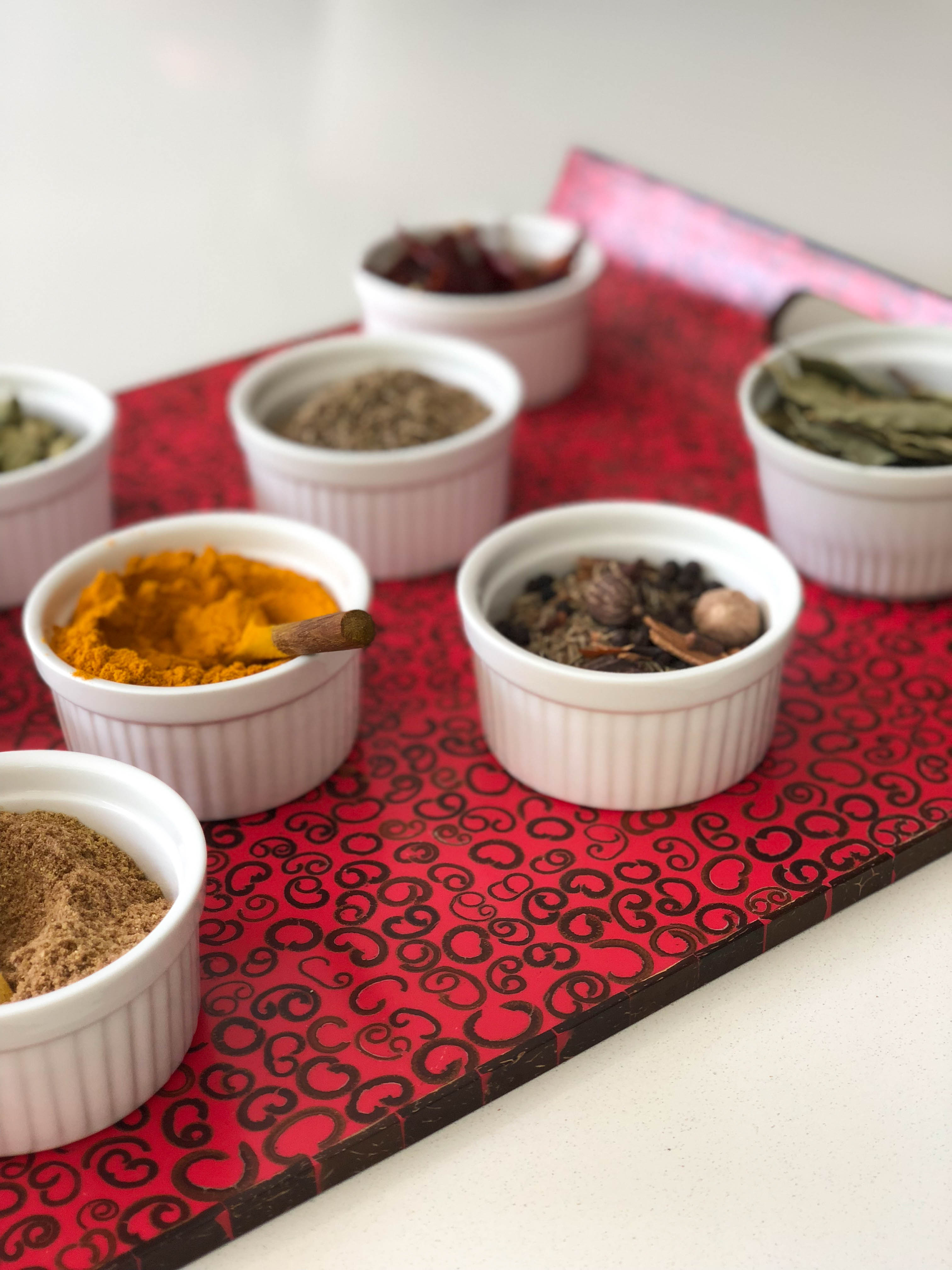
FF: What’s in your Prescient Pantry?
DM: Healthy cooking fats such as extra virgin olive oil, coconut oil and avocado oil. Nuts and seeds, chia seeds, flaxseeds and hemp protein.
Dairy free milk such as almond and coconut milk. Whole grains such as millet, buckwheat noodles and groats, sorghum and amaranth flour, quinoa, brown rice, red camargue rice and organic thick oats. Lots of spices and herbs- turmeric, cumin, coriander powder, cloves, cardamom, cinnamon, curry leaves, mustard seeds, fenugreek leaves and seeds — I could go on and on. Healthy snacks such as roasted lotus seeds, oat/ rice crackers, and nut butter. Fermented vegetables- sauerkraut, ginger and baby onions in vinegar. Then there’s always fresh fruits and vegetables and organic poultry/ eggs.
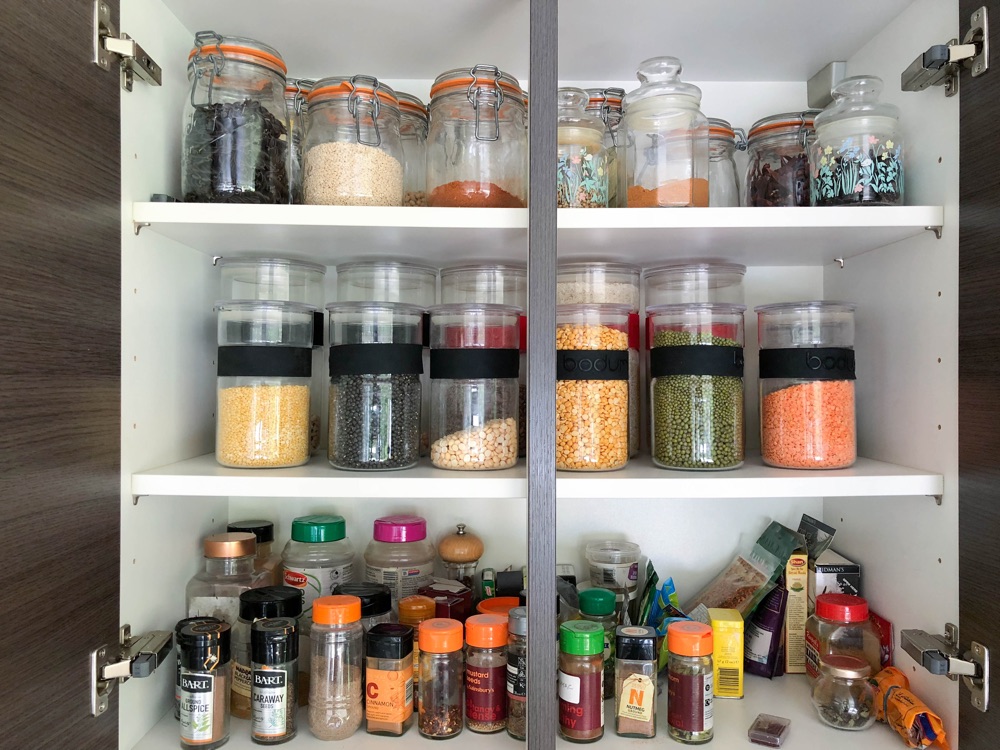
FF: How do you stay strong and well in body and mind?
DM: I am focused about getting my ‘me time’ to stay centred. I exercise both body and mind with a combination of yoga, pilates and core work outs. I try and get as much morning sun as possible by taking a short brisk walk before work. Exposing ourselves to the morning light has a significant impact on our mood and productivity because it helps set our body clock to the natural circadian rhythm. At night I turn off digital devices at least 90 minutes before bed. On days when my mind is racing with thoughts, I meditate to calm down. For the body I try and eat freshly prepared foods as much as possible. When shopping I attempt to introduce new vegetables and different coloured vegetables/ fruits each week.
FF: If you have any messages to your younger self, what would they be?
DM: I grew up in a vegetarian home so I feel I wasn’t eating enough protein and in my teenage years I had painful periods and some acne. I would definitely have liked to change that. I also learnt later that I am lactose intolerant and drinking milk is a big Indian tradition. So my digestive system wasn’t the happiest when I was younger. Other than that I’ve always eaten fresh whole foods and lots of fruit and veg. I’ve also always enjoyed exercise but would have loved to have taken up a sport such as tennis. I guess it’s never too late!
FF: Besides your family, what do you hold most dear to your heart?
DM: There’s a very interesting study called the Blue Zone — a study focused on the regions in the world where people definitely live longer, healthier lives — Sardinia, Okinawa and Loma Linda. The study discovered that there are common lifestyle factors which influence the longevity of the inhabitants in these communities. One of the factors that resonated deeply with me and is very close to my heart — invest in your relationships and keep your lifelong friends.
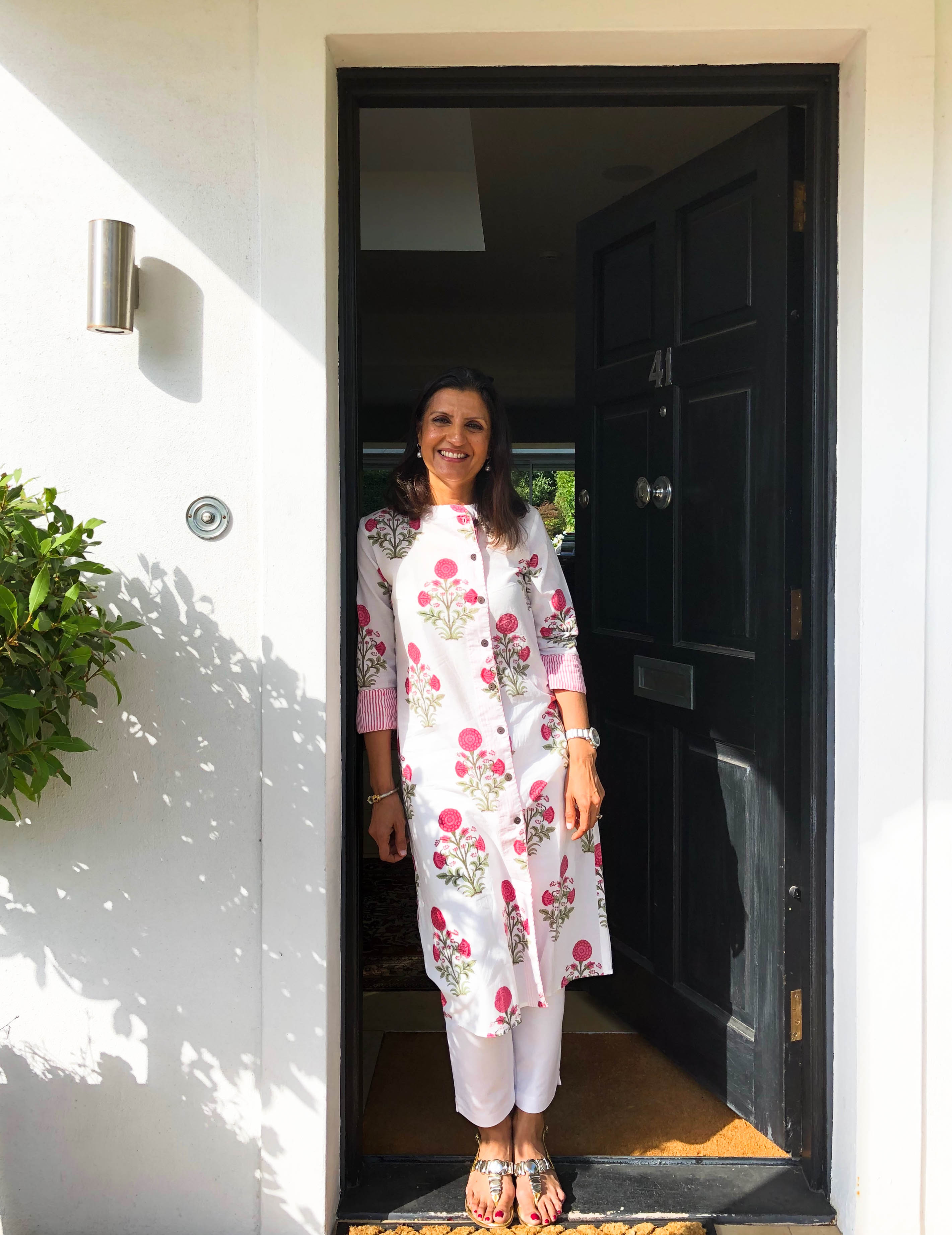
A Fabulous Fabster thank you to Deepa Mer!
